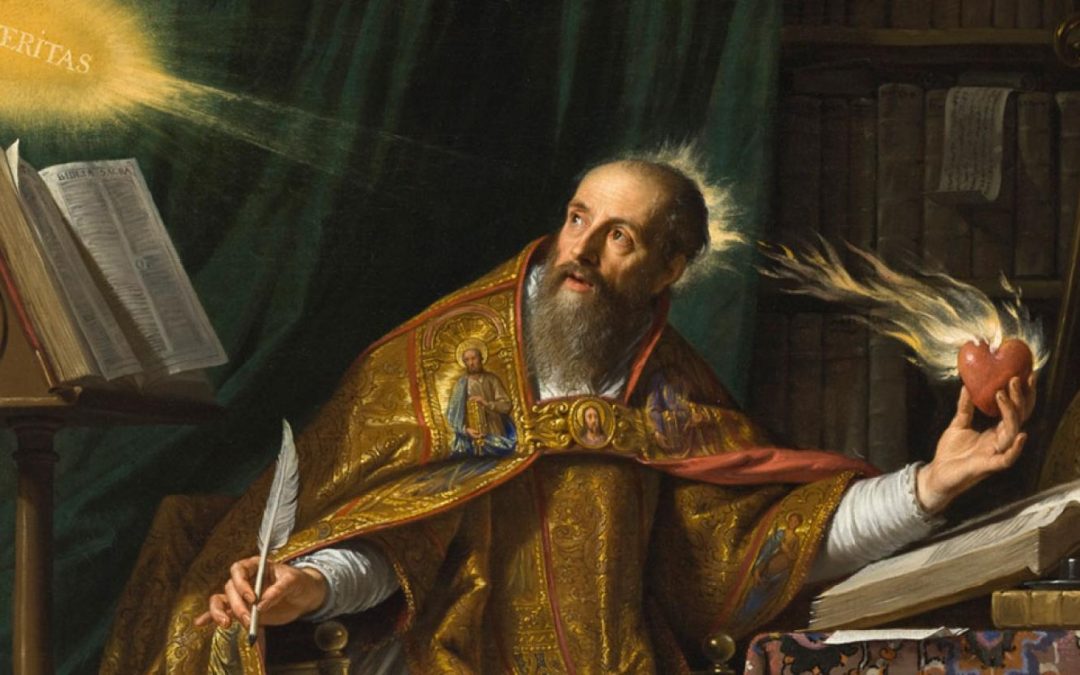
The Need for Creeds & Confessions — 3 Reasons
Over the last 200 years or so, the use of creeds and confessions has become a controversial issue. There are several reasons for this. To the ears of those having come out from Roman Catholicism, the language of “creeds” and “confessions” sounds, well, Roman Catholic. Others have more technical concerns. Creeds and confessions, it is widely believed, can and often do undermine the general Protestant conviction that Scripture alone is the ultimate source of revelation for Christian faith and life. On these grounds, creeds and confessions should either be disregarded or otherwise carefully qualified, e.g., “creeds are helpful, but Scripture is my only authority.”
In this article, I want to discuss three reasons why creeds and confessions, in principle, are necessary for churches. And why the above concerns originate from theological and historical misunderstandings of the nature and function of credal and confessional documents.
First: Every Christian Has a Creed and Confession
Perhaps the strongest and most obvious reason, if not proof, for why creeds and confessions are necessary in principle is that every Christian has a creed and confession. Either Christians have their very own customized creed and confession to fit their individual doctrinal preferences, or they’ve adopted one or more of the ancient creeds and confessions framed by our spiritual ancestors.
The same goes for churches. Either a church structures its own credal and confessional documents according to what seems right to it, or it has chosen to adopt preexisting creeds and confessions penned over the last 1,700 years.
The point here is that everyone has a creed and confession.
“No. I don’t have a creed or a confession,” one might say, “I follow the Bible alone.” This is a common objection to the above observation. However, even those who hold this perspective usually draw conclusions about Scriptural meaning as they read and interpret the Bible, and they typically have little hesitancy in summarizing their beliefs either verbally or in writing. When a person is asked, “What do you believe about God, Christ, the gospel, the church, etc.?” the likely response is a summary of beliefs about those particular areas of Christian theology. This is a tell-tale sign that the person answering has a creed, whether acknowledged or not.
When a pastor preaches Scripture, he doesn’t simply read the text. He exposits the meaning of the words in the text so that the congregation can understand what the Scripture says. Likewise, creeds and confessions reflect the meaning of Scripture for the convenience of corporate confession of the faith, the understanding of the laity, and the preservation of biblical truth.
Second: Scripture Itself Requires Creeds and Confessions
The Greek term often translated to “confession” in Scripture is ὁμολογία. The root word of this term is λεγω, which means “to say” or “to tell.” The biblical witness to the principle of confessing the faith is why many churches throughout the ages have recited creeds within their orders of worship. “Saying” or “telling” the faith is an apostolic practice.
For example, the apostle Paul, writing to Timothy, says, “Fight the good fight of faith, lay hold on eternal life, to which you were also called and have confessed the good confession in the presence of many witnesses.” (1 Tim. 6:12) This practice of confessing the faith outwardly, or externally declaring what believers believe, stretches back to Deuteronomy 6:4 in the Shema, “The LORD our God, the LORD is one!”
In Hebrews 3:1, the author writes, “Therefore, holy brethren, partakers of the heavenly calling, consider the Apostle and High Priest of our confession, Christ Jesus…” And again, in 4:14, “Seeing then that we have a great High Priest who has passed through the heavens, Jesus the Son of God, let us hold fast our confession.” Confessing the faith is even linked with salvation in Romans 10:9, “if you confess with your mouth the Lord Jesus and believe in your heart that God has raised Him from the dead, you will be saved.”
Following the apostolic era, several heresies arose that required the simple statements in Scripture to be defended through the adaptation of theological grammar. The 4th century heretic, Arius, rejected the Son’s consubstantiality with the Father. For Arius and his followers, the Son was the highest created being, but a created being nonetheless. Thus, in a good-faith effort to preserve the Scriptural teaching concerning the Son’s deity, the Council of Nicaea developed the Nicene Creed. This Creed was and is substantially Scriptural in all its parts, but it used language that would prevent heretics from exploiting more basic scriptural statements to the detriment of their souls and the souls of others.
Hence, following Arius, who himself claimed to confess with his mouth the Lord Jesus and believe in his heart that God raised Him from the dead, the question arose, “Who is Jesus?” The purpose of the Nicene Creed was to answer this very question while preventing the perversion of the biblical grammar by heretics. Those who claimed to be Christians could not reject the language of the Nicene Creed, not because the Creed itself possessed an inherent authority above or beside Scripture, but because it was nothing more than a reflection of the aggregate biblical data concerning the Son of God. If those professing to be Christians rejected the Nicene Creed, the early Christians could easily conclude that said professors had a different Jesus. (Lk. 17:22-23; 1 Jn. 2:18)
In Romans 15:5, the apostle Paul says, “Now may the God of patience and comfort grant you to be like-minded toward one another, according to Christ Jesus…” Scripture makes creeds and confessions necessary by commanding like-mindedness toward one another — an impossibility without formal doctrinal standards.
Third: Creeds and Confessions Unify Churches
Many believe that “doctrine divides” and that creeds and confessions exclude more than they include those with differing theological opinions. In a sense, the creeds and confessions indeed exclude. This is part of their design. The goal of creeds and confessions is to exclude doctrinal error and heresy while including doctrinal truth, thereby preserving the teaching of Scripture as understood by the faith community.
The way this works within an ecclesiastical setting should not be missed. A church needs a way to distinguish and preserve its beliefs about what Scripture teaches. More recently, a popular way to do this is through broad summaries of general beliefs, or “statements of faith,” largely designed to accommodate, as much as possible, those holding diverse theological opinions.
The problem with this method is that it allows one to seemingly affirm basic statements that no professing Christian would disagree with while, at the same time, holding more nuanced doctrinal aberrations. For example, some statements of faith define the Trinity simply as “One God in three Persons.” But a functional tritheist could trivially hold to this statement while also saying, “This one God is made up of three Persons, each of whom possess its own will, consciousness, substance, nature, etc.” Functionally, this represents the belief that the “one God” is actually a conglomerate of three distinct beings or gods, i.e., the heresy of tritheism.
However, this problem is mitigated by a more precise confessional statement, such as what we find in 2.1 of the Second London Confession (2LCF), which reads, “In this divine and infinite Being there are three subsistences, the Father, the Word or Son, and Holy Spirit, of one substance, power, and eternity, each having the whole divine essence, yet the essence undivided…” This language builds on the credal language set forth by the early church. For instance, in the Athanasian Creed, we read:
Now this is the catholic faith:
That we worship one God in trinity and the trinity in unity,
neither blending their persons
nor dividing their essence.
Creeds and confessions unify churches on the truth of what they believe Scripture teaches. They are designed to exclude those who would deviate from orthodoxy and include those who share the same doctrinal convictions. They are unifying documents that produce and preserve a unity founded upon a mutual concern for theological accuracy.
More pointedly, creeds and confessions are necessary for church unity. After all, how could a church unite upon the doctrine of God, Christ, or the gospel if every member in that church had a different conception of such essential doctrines? Any unity they may have would be apparent unity, not unity founded upon like-mindedness in the truth.




